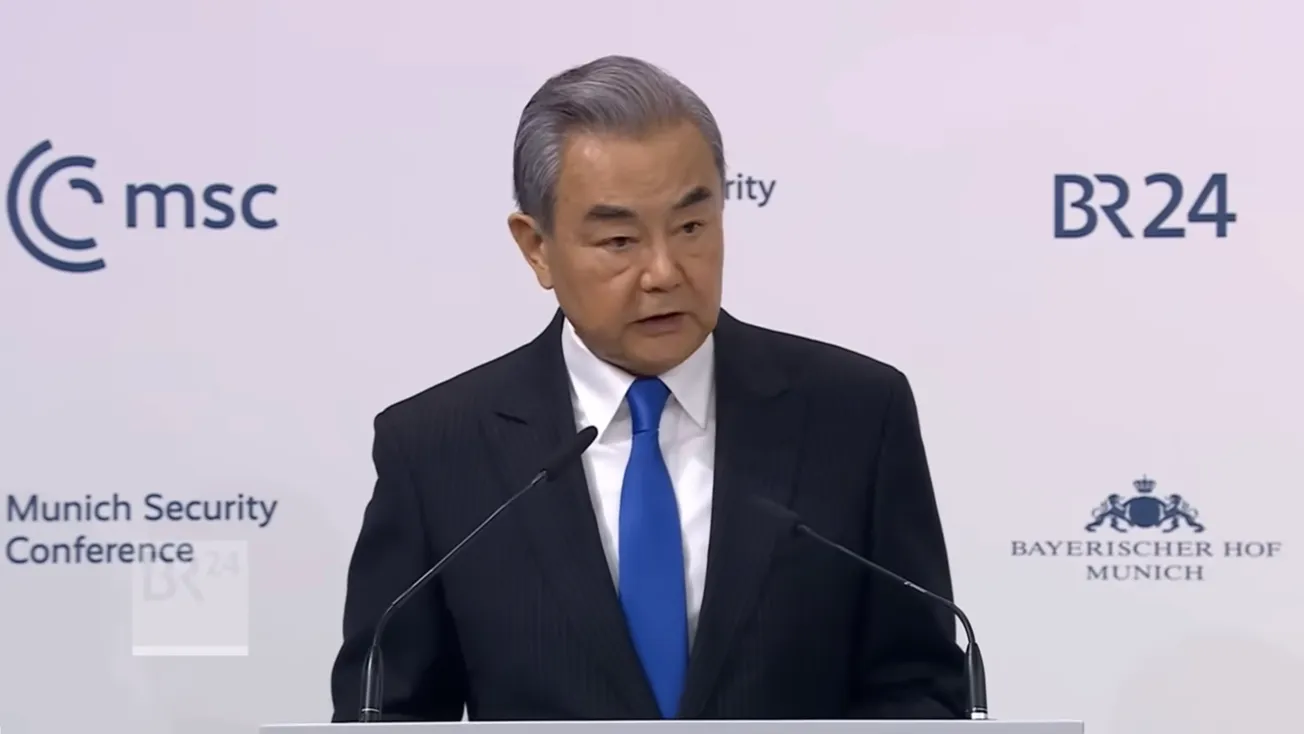Chinese President Xi Jinping addressed a two-day symposium on the economic and social conditions in the Xinjiang Uygur Autonomous Region, stating Sept. 26, that the region has seen a positive trend in economic development from 2014-2019 and in the standard of living of its people, especially in the areas of employment, education and healthcare. This was the third central symposium on work related to Xinjiang, which was held on Sept. 25-26 in Beijing.
The Xinjiang Uygur Autonomous Region is the westernmost region of China, and borders eight countries: Mongolia (east), Russia (north) and Kazakhstan, Kyrgyzstan, Tajikistan, Afghanistan, Pakistan, and India to the west. In Manchurian Chinese. “Xin Jiang” means “New Frontier” (named so by the Qing Dynasty 1644-1912). It has played a historically significant role, being the geographical center of the continent, and was a major crossroads for the old Silk Road. It is home to a number of Turkic ethnic groups, the largest of which are the Uyghurs, who are largely Turk-speaking Muslims.
Xi Jinping emphasized in his remarks that development is the critical foundation for the region’s long-term stability, and called for efforts to build Xinjiang featuring socialism with Chinese characteristics in the new era. CGTN reports that, “Xi demanded law-based governance and long-term efforts to develop Xinjiang into a region that is united, harmonious, prosperous, and culturally advanced, with healthy ecosystems and people living and working in contentment.”
Xinjiang’s Gross Domestic Product has increased from less than $30 billion in 2003 to around $147 billion in 2014, and up to $205 billion in 2019. Xi also spoke about the remarkable eradication of poverty in the region, lifting almost 3 million people out of poverty, or roughly 7% of the population.
Xinhua reports that Xi said, “Facts have fully proved that China’s work on ethnic affairs has been successful,” stating the achievements are the result of the strong leadership of the CPC Central Committee, along with the concerted efforts of the whole party and all the Chinese people, including more than 25 million people from different ethnic groups in Xinjiang.
“Stressing the need to coordinate epidemic containment with economic and social development, Xi called for ensuring stability on six fronts — employment, the financial sector, foreign trade, foreign investment, domestic investment, and expectations — while maintaining security in six areas: job security, basic living needs, operations of market entities, food and energy, stable industrial and supply chains, and the normal functioning of primary-level governments.”
The Chinese President also emphasized that “the original aspiration and mission of the party is to seek happiness for the Chinese people, including people of all ethnic groups in Xinjiang, and the rejuvenation of the Chinese nation, including various ethnic groups in Xinjiang.”
Xi called for the advancement and upgrading of industrial development in the region, as well as boosting urbanization, education and healthcare. He affirmed that the goal is to leverage Xinjiang’s geographical advantages to develop it as a core area of the Silk Road Economic Belt, and as a hub for opening up the inland and border areas, stressing that development is an important foundation for lasting peace and stability.



